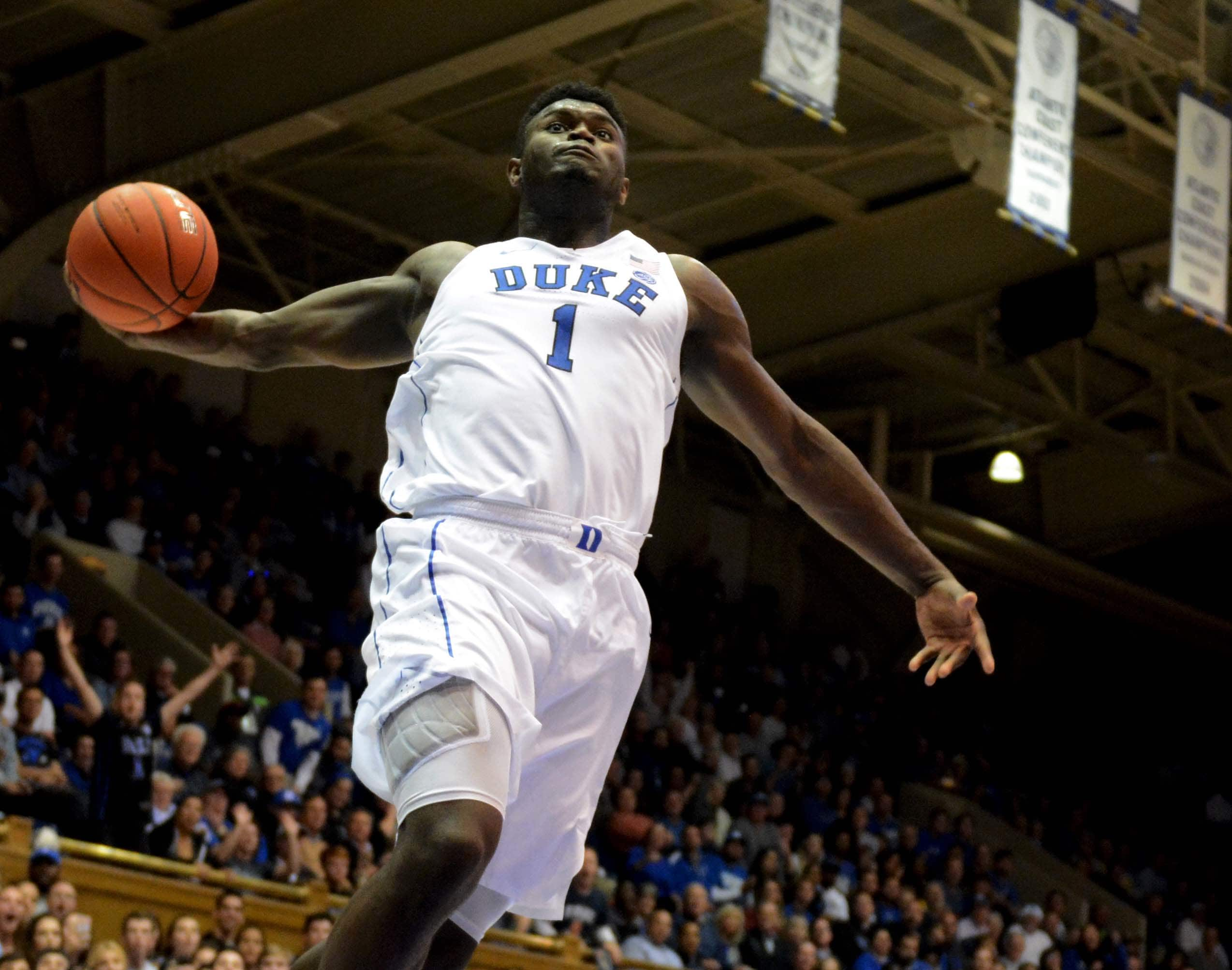The world was a very different place in 1995: Bill Clinton was president; Seinfeld was still in first runs on television; only a few people had cell phones (and they were quite large); we were just getting used to e-mail and the Internet; and the Twin Towers were still standing proudly in lower Manhattan.
In the years that followed, rapid change became the norm, terrorism came to our doorstep on September 11, and smart phones and social media came to redefine modern communication. In the midst of everything, there were fewer and fewer aspects of life that remained constant but throughout it all, Derek Jeter played shortstop for the New York Yankees.
Jeter’s arrival on the scene came as baseball was still suffering the effects of the longest work stoppage in its history that canceled the World Series in 1994. Sports writers attempted to predict what would save the sport and re-establish the fan base. In 1998, they thought they’d found salvation as St. Louis Cardinals’ first baseman, Mark McGwire and Chicago Cubs right fielder, Sammy Sosa battled it out to beat Roger Maris’ long-standing single season home run record of 61. Every televised sports report or printed newspaper coverage featured a regular home run count from the two sluggers and by season’s end, Maris’ record was shattered as McGwire finished with 70 over Sosa’s 66.
For a brief time, interest in baseball spiked, but the home run race opened the door to allegations of steroid and performance enhancing drug use by McGwire, Sosa and several other Major League players, plunging the sport into the darkness of scandal for several years. It seemed that no one was immune from the investigations that followed, the testimonies and convictions that resulted, and the tainted reputations of the players involved. Were there any “good guys” left in baseball, or had competition and greed superceded honor and work ethic?
While it seemed that sports headlines were dominated by what players were doing wrong, Derek Jeter began to emerge as a player who was doing something right. Not only were his skills on the field and at the plate becoming increasingly impressive, his character, work ethic and leadership skill began to shine as well. In a sport full of “bad guys,” Jeter was quickly becoming known as a “good guy.”
Baseball, like most professional sports, has become a spectacle of overblown egos. Not only are there examples found in large scale scandals like the PED era in Baseball or the current domestic violence fiasco in the NFL, little things like extramarital affairs, insensitive statements, and arrogant or self-glorifying post-game interviews also demonstrate the mettle of the modern professional athlete.
This is where the essence of Derek Jeter’s greatness lies. Sure, he was selected to the All-Star team 14 times in 20 seasons. Yes, he won five World Series with the Yankees along with five Gold Glove and Silver Slugger Awards. Of course, his career batting average (as of a few games before the end of the 2014 season) is .309, he’s racked up 3,461 hits, belted out 260 home runs, and has 1,307 runs batted in (including a game-winning, walk off RBI in his last at bat in Yankee Stadium). These numbers will surely land him in Cooperstown, but it was his character that endeared him to sports fans across the globe, even to those who otherwise hate the Yankees (Boston Red Sox and New York Mets fans in particular).
Under the close scrutiny of the New York media, nothing controversial was attached to him in the midst of the PED scandals around him and his off the field behavior never overshadowed his professional accomplishments. Granted, while he took great strides to keep his private life private, had he behaved badly, even he would not have been given a free pass by the New York press. If there’s dirt on someone, they find it and report on it.
In post-game interviews, he tended to credit any of his great plays or key hits to him merely “doing his job,” and was quick to draw attention to the contributions of his teammates and his manager. His work ethic was readily apparent not only in what he did on the field, but how he approached the game he loved. It was his job, and as such, he did it to the best of his ability, avoiding behavior that would negatively affect his performance or distract from it.
As his career comes to a close, baseball fans will continue to debate his numbers in light of the players who came before him. Was he the greatest player the game has ever seen? Maybe; maybe not. But apart from baseball, character stands out above all else. By that measure, the greatness of Derek Jeter goes without question.
Good job, Captain, and thank you.
Warning: Trying to access array offset on value of type bool in /home/u600abrpheco/public_html/wp-content/themes/rubik/inc/libs/single_core.php on line 656
Warning: Trying to access array offset on value of type bool in /home/u600abrpheco/public_html/wp-content/themes/rubik/inc/libs/single_core.php on line 657
Warning: Trying to access array offset on value of type bool in /home/u600abrpheco/public_html/wp-content/themes/rubik/inc/libs/single_core.php on line 658
PBR Unleash the Beast Comes to MSG
January 18, 2023Adidas After:Miles After Party
November 10, 2021Looking Back at Ziongate
April 4, 2019
Comments are closed.
Back To The Fresh: Sneakerheads in Popular Culture
October 31, 2015What We Do in the Shadows Shines Through
October 15, 20215 Must Haves For This Fall
September 3, 2015





